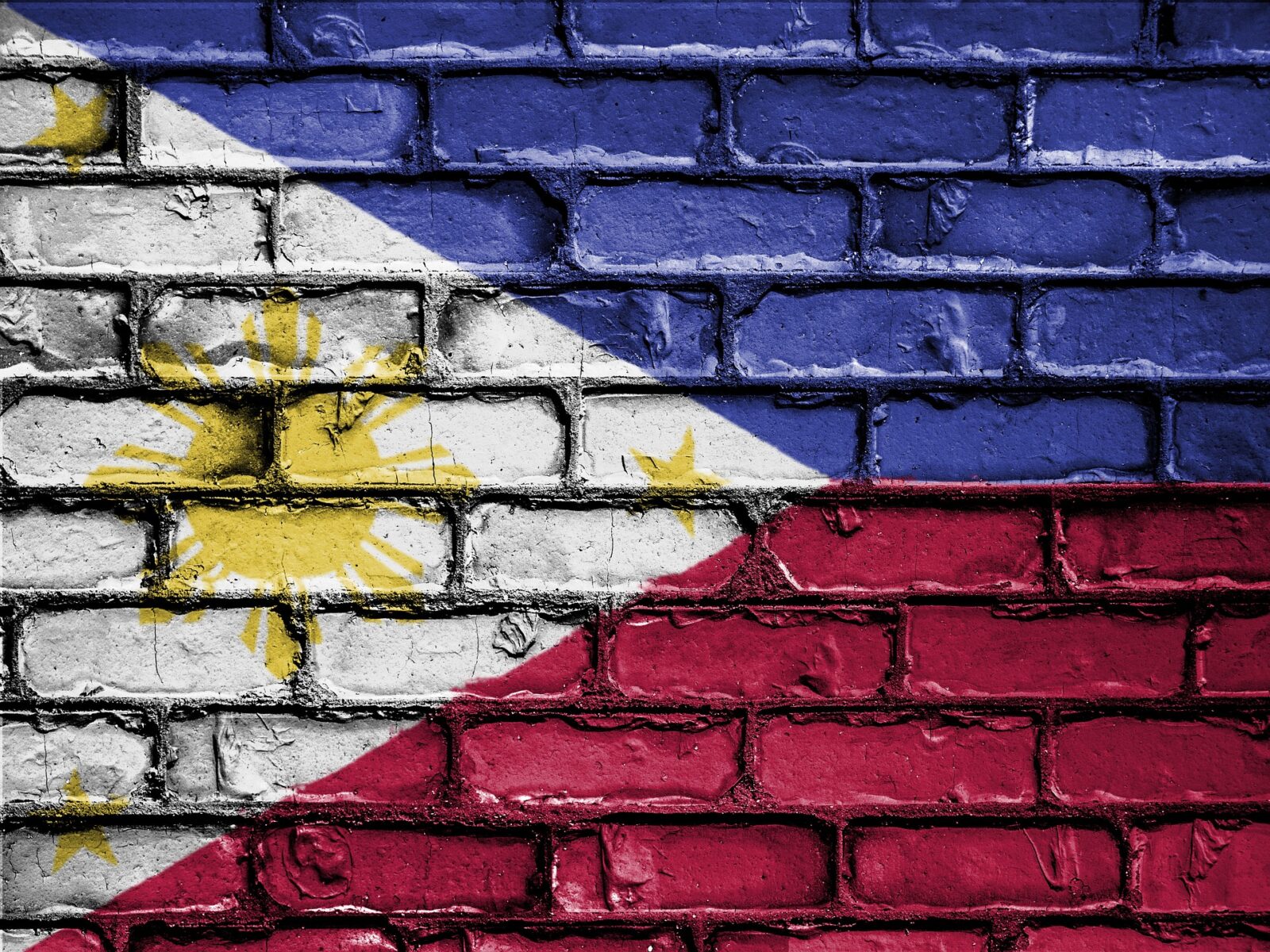Statement by the Civil Society Constituency of the EITI Board regarding the validation of the Philippines
Statements

As civil society representatives on the Extractive Industries Transparency Initiative (EITI) International Board, we are deeply concerned that the EITI Board refuses to enforce rules in the EITI Standard that were developed specifically to safeguard civic space.
The Philippines was validated in April 2021. A report submitted by local civil society involved in EITI outlined serious civic space issues in the natural resource governance sector. These findings are in line with wider reports of intimidation, harassment of, and violence against civil society organisations and individuals, up to and including ‘red-tagging,’ or arbitrary extra-judicial killing of civil society activists.
On the 16th and 17th February 2022, the EITI Board met to consider the validation results of the Philippines for a 2nd time. The EITI Board found that there have been serious breaches of the EITI Protocol on participation of civil society, and therefore found that EITI Requirement 1.3 on civil society engagement was only partly met. In such circumstances, Article 5 of Chapter 4 of the EITI Standard mandates that the EITI Board suspend the country as a safeguard mechanism.
The existence of this safeguard mechanism in the EITI Standard is no mistake, and no accident. That language was agreed to by all constituencies, and it exists specifically because transparency alone – without adequate civic space to freely discuss and use the results of transparency – does NOT result in accountability or better governance. Without such basic civic space safeguards in place, EITI becomes little better than a box-ticking exercise, as opposed to fulfilling its principal mission as an accountability mechanism.
However, despite the significance of the breaches identified in the Philippines, the EITI Board did not reach a consensus on the enforcement of this safeguard mechanism in accordance with the EITI Standard. The other constituencies of the EITI Board not only sought to carve out an exception for the Philippines – thereby disregarding the EITI’s own rules – but blocked attempts by the civil society constituency to hold the Philippines to account by suspending them in accordance with the ordinary rules of the EITI.
As civil society representatives, we were shocked and dismayed that the EITI Board would – over our strenuous objections – flout the initiative’s own rules on an issue as serious as civic space. By recognising the serious restrictions on civil society in the Philippines but lacking the conviction to suspend the country, the EITI also missed an opportunity to send a message to governments across the world that such harassment and attacks will not be tolerated within EITI. We continue to hold firm in our position that the safeguards meant to protect civil society engaged in natural resource governance, as enshrined in the EITI Standard, should be enforced.
The Board’s lack of action sets a dangerous precedent and will result in other governments arguing that they too should avoid suspension even when serious breaches of the civil society protocol have occured. We reiterate the point we made behind closed doors, many times: the Philippines should be suspended, anything less puts the legitimacy of EITI at stake.
Mr Cesar Gamboa, Executive Director, Derecho, Ambiente y Recursos naturales, Perú
Mr Óscar Pineda (Alternate), Project on Organizing Development Education and Research (PODER), Mexico
Mr Brice Mackosso, Commission Justice et Paix, Republic of Congo
Mr Mtwalo Msoni (Alternate), Global Tax Advisor- ActionAid Nigeria
Ms Cielo Magno, Bantay Kita/PWYP Philippines; Associate Professor University of the Philippines
Ms Diana El Kaissy (Alternate), Advisory board member at the Lebanese Oil and Gas Initiative-LOGI, Lebanon
Mr Oleksiy Orlovsky, International Renaissance Foundation, Ukraine
Ms Mariya Lobacheva (Alternate), Executive Director, Echo – Public Association, Kazakhstan
Ms Erica Westenberg, Director of Governance Programs, Natural Resource Governance Institute (NRGI)
Mr Simon Taylor (Alternate), Co-founder and Director, Global Witness